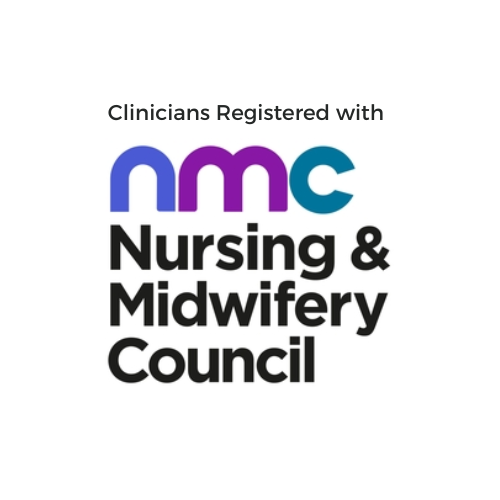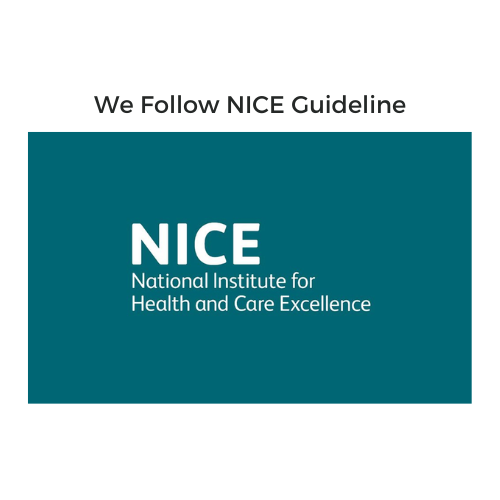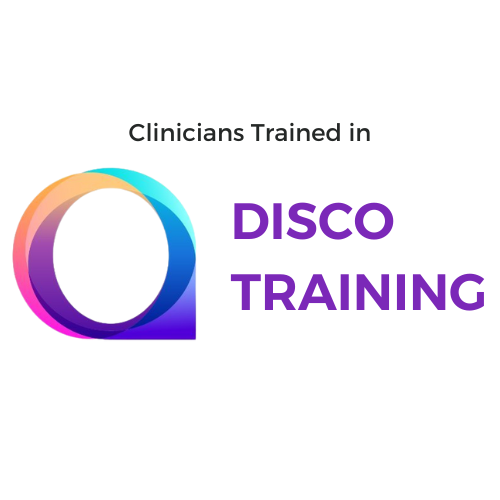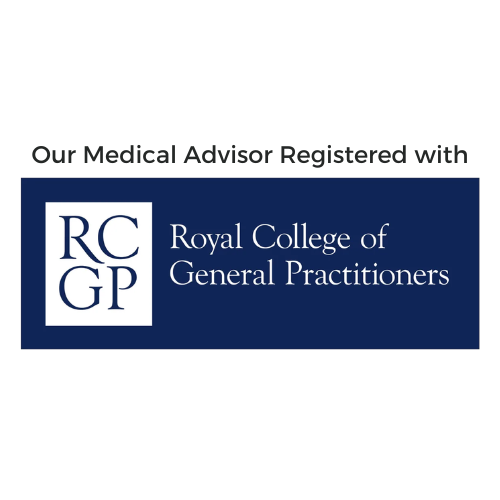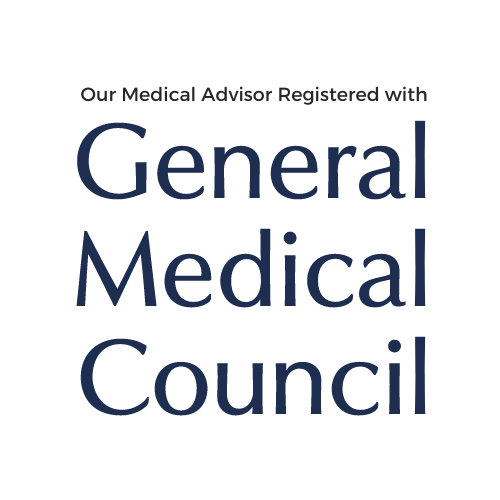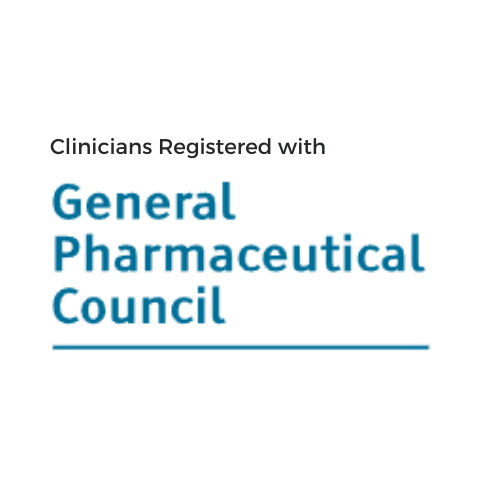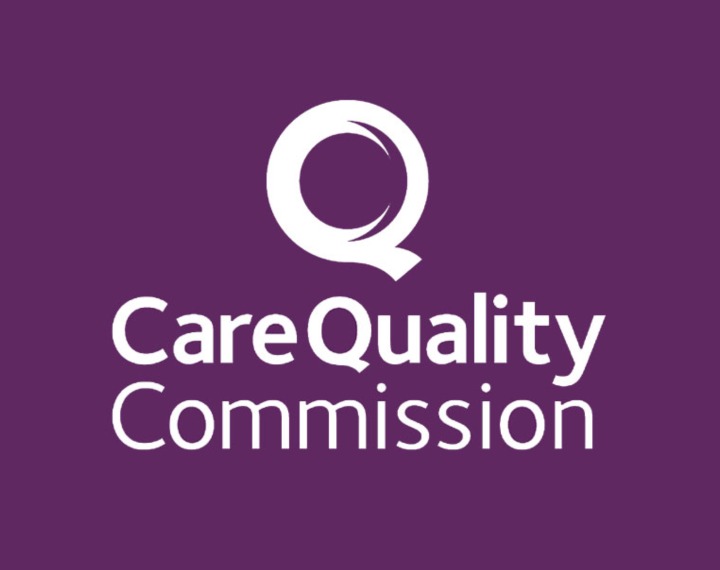Meet Dr. Ahmed Muhamed – Supervising Psychiatrist at ADHD Certify
Dr. Ahmed Muhamed, a supervising psychiatrist and associate specialist at ADHD Certify, shares valuable insights on ADHD diagnosis, assessment, and the impact of receiving a diagnosis. With years of clinical experience, he provides a compassionate and evidence-based approach to understanding ADHD.
Is ADHD a Neurological or Neurodevelopmental Disorder?
While ADHD is commonly referred to as a neurological disorder, Dr. Muhamed emphasizes that it is more accurately classified as a neurodevelopmental disorder.
“From my experience and based on research and diagnostic tools, ADHD arises during the developmental years of childhood and is linked to genetic imbalances in brain neurotransmitters.”
He further explains that psychosocial factors, including environmental and familial influences, also contribute to the manifestation of ADHD symptoms.
How ADHD Is Diagnosed – The Role of Standardized Tests
Dr. Muhamed outlines the importance of structured ADHD tests:
“These tests are the result of years of collaboration among highly qualified mental health professionals. They explore symptoms from early childhood through adulthood and are scored with high specificity for diagnosing ADHD.”
These standardized assessments offer reliable results, but they’re only one part of a thorough diagnostic process.
Why a Full Mental Health Assessment Is Essential
Dr. Muhamed warns against relying solely on questionnaire-based tests:
“We also conduct detailed mental health assessments to rule out other conditions that may mimic or coexist with ADHD, such as anxiety, depression, or trauma.”
A specialist’s clinical judgment is crucial, especially when evaluating factors like:
- Physical and mental health comorbidities
- Socioeconomic background
- Family dynamics and upbringing
- History of trauma and stress
This holistic approach ensures a more accurate and meaningful ADHD diagnosis.
The Emotional Impact of an ADHD Diagnosis
According to Dr. Muhamed, receiving an ADHD diagnosis often brings a sense of relief and validation:
“For many, it offers closure after years of being misunderstood or misdiagnosed. Knowing that help and treatment are available can be life-changing.”
He highlights that medications and treatment plans tailored to ADHD can significantly improve quality of life, reduce symptoms, and guide individuals toward better mental health.
Final Thoughts: Why Early and Accurate ADHD Diagnosis Matters
Dr. Ahmed Muhamed strongly believes in the transformative power of a proper diagnosis. Not only does it help individuals understand their symptoms, but it also opens the door to effective treatment, support, and hope.








